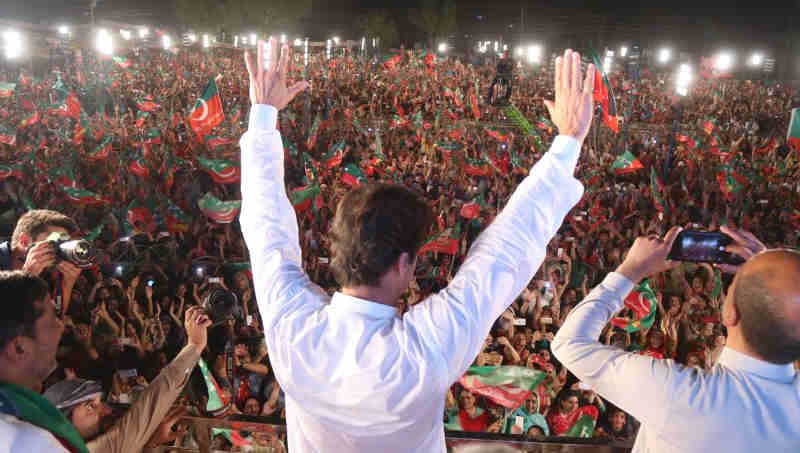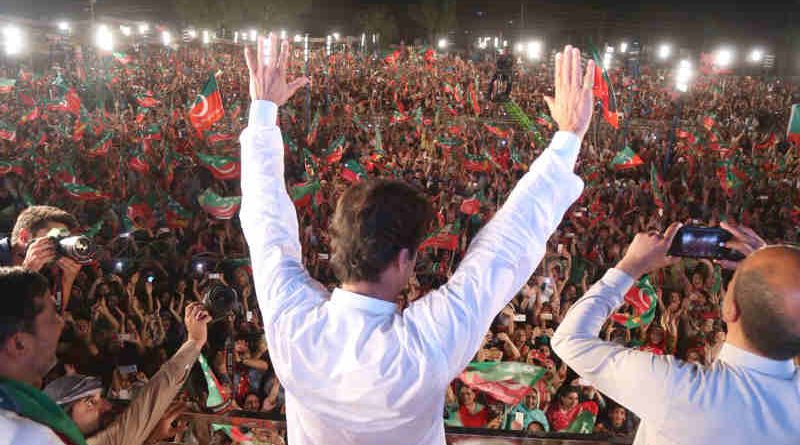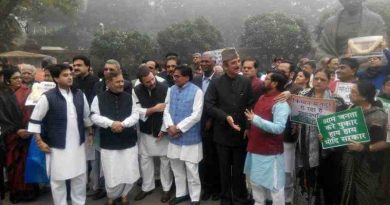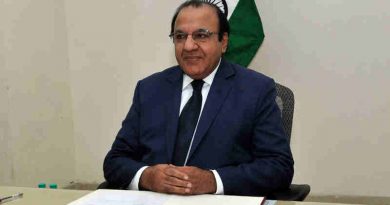Paper Ballot – Not EVM – Helped Pakistan Hold Fair Election

Paper Ballot – Not EVM – Helped Pakistan Hold Fair Election
The PTI-supported candidates could win most seats because the election was held on ballot papers instead of EVMs.
By Rakesh Raman
The general election held in Pakistan on February 8 was conducted on paper ballots to avoid the possibility of manipulation of results on electronic voting machines (EVMs).
It was feared that Pakistan Muslim League (Nawaz) or PML-N party of Nawaz Sharif will rig the elections on EVMs – which can be easily manipulated – to defeat former prime minister (PM) Imran Khan who has been jailed under politically motivated charges.
Since the election results were not declared even after three days of holding the election, Pakistan President Arif Alvi blamed the lack of EVMs for the delay. However, the real reason is that the Pakistan regime has deliberately delayed the results to give sufficient time to the ruling PML-N to form a coalition government in the country.
The Election Commission of Pakistan (ECP) has not officially declared the results, but it has ordered re-polling on February 15 at around 52 polling stations because Imran Khan’s Pakistan Tehreek-e-Insaf (PTI) has alleged result fraud.
The PTI alleges that the election officials changed the results in favour of PML-N, although the ballot paper count showed candidates supported by PTI won the election comfortably.
The PTI-supported candidates had to contest elections as independent contestants because PTI was not allowed to use its bat election symbol. It is alleged that the election authorities colluded with former PM Nawaz Sharif’s PML-N – secretly supported by Pakistan army – to defeat PTI which has more popularity among the voters.
[ Digital Microsite Explains the EVM Concerns in Indian Elections ]
According to reports, the PTI-backed independents won 101 of the 264 seats in the election to emerge as the leading party. However, Nawaz Sharif’s PML-N was declared the single largest party, although it won only 75 seats.
The election authorities argue that PTI cannot be the largest winning party because PTI-backed candidates ran as individual candidates after losing their election symbol.
The PTI-supported candidates could win most seats because the election was held on ballot papers instead of EVMs. It would have been very easy for Nawaz Sharif’s PML-N to manipulate results in its favour if voting was done on EVMs which can be tampered surreptitiously to change election results fraudulently.
To avoid international backlash, the ECP was forced to hold election on ballot papers which eliminated the possibility of election fraud. Meanwhile, according to reports, U.S. lawmakers have urged President Joe Biden not to acknowledge the election results in Pakistan until allegations of rigging or fraud were fully investigated.
Obviously, the use of ballot papers instead of EVMs could help Pakistan hold fair elections or at least free and fair voting, although Nawaz Sharif’s PML-N may now terrorize PTI candidates to support it to form the government.
The ballot paper election in Pakistan should also serve as a lesson for India where the Election Commission of India (ECI) and the Supreme Court are hell-bent to use EVMs so that the ruling Bharatiya Janata Party (BJP) of PM Narendra Modi could win the 2024 Lok Sabha election.
If the Indian elections are held on EVMs instead of paper ballots, Modi and BJP will easily win because it is repeatedly complained that they selectively manipulate or hack EVMs to win Lok Sabha elections and certain key state elections.
By Rakesh Raman, who is a national award-winning journalist and social activist. He is the founder of the humanitarian organization RMN Foundation which is working in diverse areas to help the disadvantaged and distressed people in the society. He has also launched the “Power Play: Lok Sabha Election 2024 in India” editorial section to cover the news, events, and other developments related to the 2024 election.






